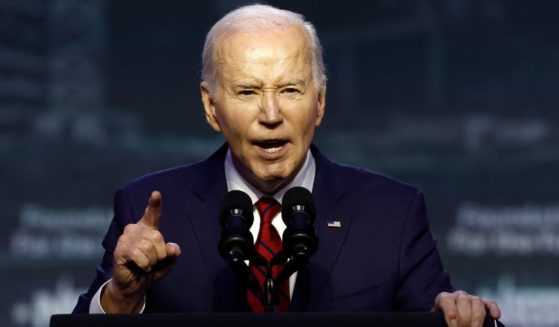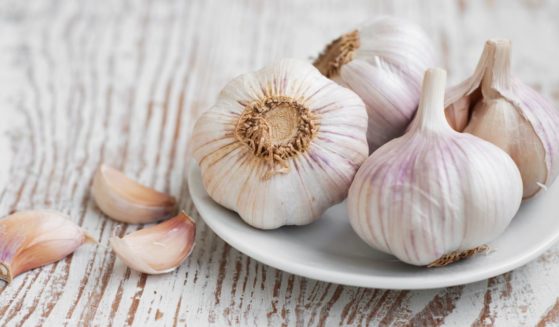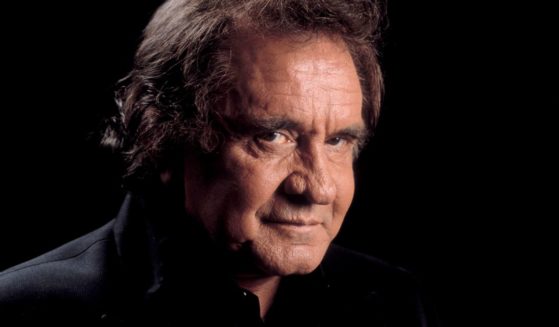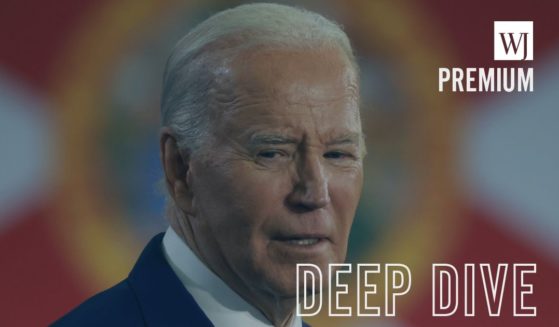Get the latest news delivered right to your email.
2024 Election
Top Stories
Advertisement
It's the 1950s All Over Again: GOP Turns to Nat'l Guard to Protect Minority Students from Radical Dems, Leftists
It's fallen on the GOP to take action to stand up for the safety of minority students on our school campuses.
By Randy DeSoto
April 25, 2024
Comment
MoreShare
NFL Pro Bowler Humbles Mouthy High Schooler with a Simple Question
The short clip shows Metcalf completely owning a punk who trolled him with a comment that was obviously intended to rile him up.
By Johnathan Jones
April 25, 2024
Comment
MoreShare
US Navy Converting Oil Rigs Into Active Missile Launch Stations with Five Times the Capacity of a Destroyer
The U.S. Navy plans to use oil rigs in the Pacific as resupply depots and missile defense systems with countering China in mind.
By Samuel Short
April 25, 2024
Comment
MoreShare
The Best Mario Is a Flat Cutout: Everything You Need to Know About 'Paper Mario'
Despite his general acclaim and popularity, not nearly as many people know about the "paper" variant of the Italian Plumber.
By Bryan Chai
April 25, 2024
Comment
MoreShare
What Was Spotted Under a Chinese Bomber Looks Just Like Piece of American Tech Lost Over China
A drone attached to a Chinese bomber seems to have been copied from an American drone that crashed in the country in 1971.
By Allison Anton
April 25, 2024
Comment
MoreShare
Anti-Israel Agitators at UT-Austin Learn the Hard Way That Texas Does Things Differently Than Blue States
The difference between how red states and blue states are handling these protests is night and day. It just goes to show you what works.
By Laura Wellington
April 25, 2024
Comment
MoreShare
Biden Calls for Record-High Taxes ... We're Closing in on a 50% Rate
Biden's proposed tax increase called forth a debate from another era and reminded us that our Founders would not tolerate this government.
By Michael Schwarz
April 25, 2024
Comment
MoreShare
NYC Construction Workers and Union Members Go Wild When Trump Makes Unexpected Visit En Route to Courthouse
A New York Times Siena poll released on Monday reveals that Trump is now only 10 points behind Biden in this deep blue state.
By Rachel M. Emmanuel
April 25, 2024
Comment
MoreShare
Advertisement
Biden, Feds Possess Secret AI Tool to Censor and Indoctrinate 'At Scale' Ahead of Election - What You Need to Know
The House Judiciary Committee says there's an AI censorship program designed to skew the narrative toward the left before the 2024 election.
Comment
MoreShare
'Woman': The Left's Absurd Quest to Redefine the Term
The question “What is a woman?” is perfectly leveraged to produce absurdity because to pose this question is absurd.
Comment
MoreShare
Biden Breaking the Ten Commandments: Part Four - Bidenomics Subverts the Sabbath
Biden is upsetting the balance of rest and work ordered by God — and Americans are paying the price economically and spiritually.
Comment
MoreShare
Advertisement

































